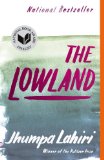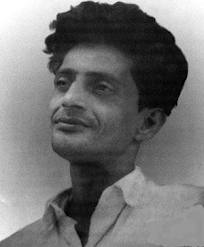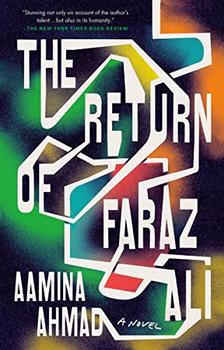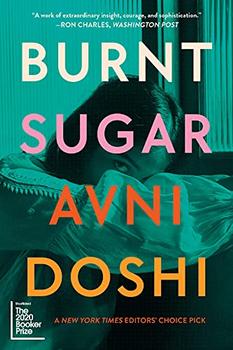Summary | Excerpt | Reading Guide | Reviews | Beyond the book | Read-Alikes | Genres & Themes | Author Bio

Epic in its canvas and intimate in its portrayal of lives undone and forged anew, The Lowland is a deeply felt novel of family ties that entangle and fray in ways unforeseen and unrevealed, of ties that ineluctably define who we are
From Subhash's earliest memories, at every point, his brother was there. In the suburban streets of Calcutta where they wandered before dusk and in the hyacinth-strewn ponds where they played for hours on end, Udayan was always in his older brother's sight. So close in age, they were inseparable in childhood and yet, as the years pass - as U.S tanks roll into Vietnam and riots sweep across India - their brotherly bond can do nothing to forestall the tragedy that will upend their lives.
Udayan - charismatic and impulsive - finds himself drawn to the Naxalite movement, a rebellion waged to eradicate inequity and poverty. He will give everything, risk all, for what he believes, and in doing so will transform the futures of those dearest to him: his newly married, pregnant wife, his brother and their parents. For all of them, the repercussions of his actions will reverberate across continents and seep through the generations that follow.
Epic in its canvas and intimate in its portrayal of lives undone and forged anew, The Lowland is a deeply felt novel of family ties that entangle and fray in ways unforeseen and unrevealed, of ties that ineluctably define who we are. With all the hallmarks of Jhumpa Lahiri's achingly poignant, exquisitely empathetic story-telling, this is her most devastating work of fiction to date.
Readers looking for a plot-driven narrative might not find The Lowland to be their cup of tea. An expert chronicler of the human condition, Lahiri’s work has always been deeply introspective, relying less on external “action,” relentlessly propelling onward nevertheless. In The Lowland, she again mines the complex emotional landscape of her characters, chiseling away at stone with a fine scalpel...continued
Full Review
(897 words)
This review is available to non-members for a limited time. For full access,
become a member today.
(Reviewed by Poornima Apte).
In The Lowland, Udayan Mitra, one of the two brothers in the story, gets pulled into India's nascent communist movement that kicked into high gear in the 60s, especially in the state of West Bengal where a fair portion of the novel is set.
 The world's largest democracy has had brushes with communism for decades now, the origins of which can be traced to two farmer-driven movements in the 1940s right around the time of India's independence. The Telangana movement in the southern state of Andhra Pradesh inspired a similar one, the Tebhaga, in West Bengal. While this movement was taking tentative hold and the concept of workers' rights and their awareness was beginning to grow roots, there were incidents of unrest in West Bengal's tea ...
The world's largest democracy has had brushes with communism for decades now, the origins of which can be traced to two farmer-driven movements in the 1940s right around the time of India's independence. The Telangana movement in the southern state of Andhra Pradesh inspired a similar one, the Tebhaga, in West Bengal. While this movement was taking tentative hold and the concept of workers' rights and their awareness was beginning to grow roots, there were incidents of unrest in West Bengal's tea ...
This "beyond the book" feature is available to non-members for a limited time. Join today for full access.

If you liked The Lowland, try these:

by Aamina Ahmad
Published 2023
Sent back to his birthplace - Lahore's notorious red-light district - to hush up the murder of a girl, a man finds himself in an unexpected reckoning with his past.

by Avni Doshi
Published 2022
Shortlisted for the 2020 Booker Prize, a searing literary debut novel set in India about mothers and daughters, obsession and betrayal.
Men are more moral than they think...
Click Here to find out who said this, as well as discovering other famous literary quotes!